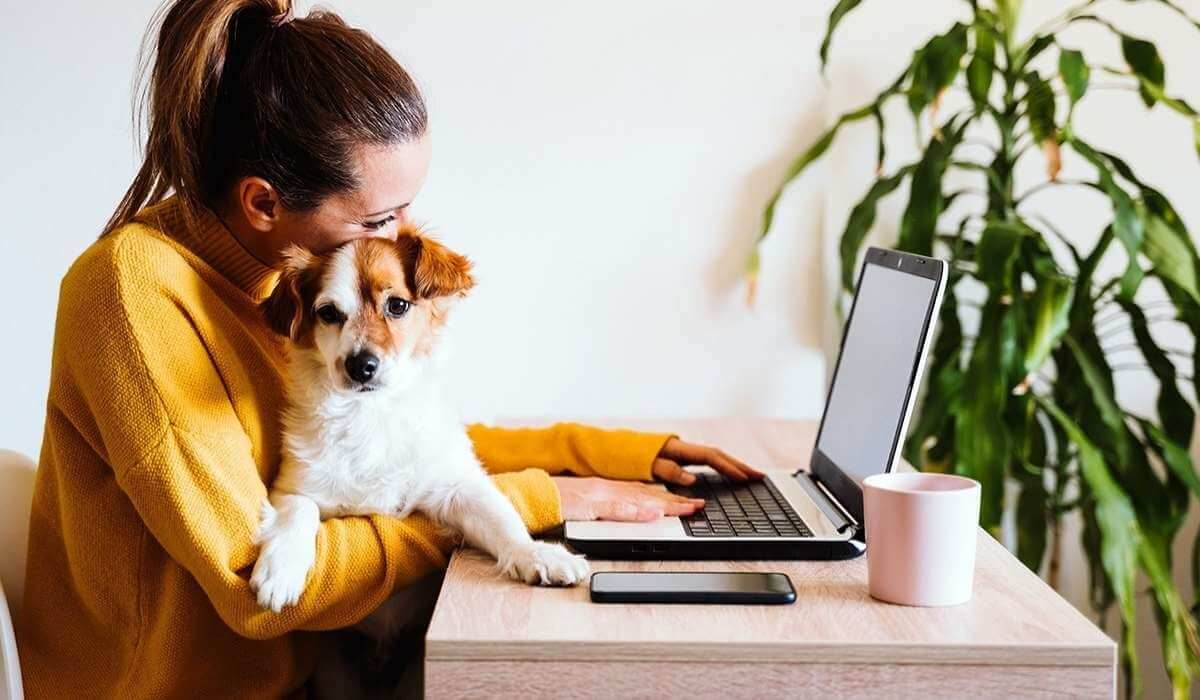Back to Work: Helping Your Pet Adjust
As the holiday season winds down and the new year begins, many of us are heading back to work. While we juggle our routines and responsibilities, it’s important to remember that the transition can also be challenging for our pets. Over the holidays, they’ve likely grown accustomed to having us around more often, enjoying extra cuddles, treats, and playtime. A sudden return to long hours alone at home can leave them feeling confused, lonely, or even anxious.
Practical Tips to Help Your Pet Adjust
1. Ease Into the New Routine
Pets thrive on routine, so abrupt changes can be unsettling. Gradually adjust their schedule a few days before you head back to work. Start by shifting feeding times, walk schedules, and play sessions to align with your workday routine. This gives them time to adapt to the new normal.
2. Create a Safe and Stimulating Environment
Ensure your pet has a safe, cozy space to retreat to while you’re away. For dogs, this might be a comfy bed in a quiet corner. For cats, it could be a perch by the window or a favorite hiding spot. Stimulating toys, like puzzle feeders or chew toys, can keep their minds occupied and reduce boredom.
3. Provide Plenty of Exercise
A tired pet is a happy pet. Before you leave for work, dedicate time for exercise to burn off their energy. A long walk, a game of fetch, or a fun play session can help reduce anxiety and prevent destructive behaviors caused by restlessness.
4. Consider Pet Entertainment
Keep your pet entertained during the day with interactive toys, a pet-friendly TV channel, or calming music. For dogs, a frozen Kong stuffed with peanut butter can provide hours of enrichment. Cats may enjoy laser toys or a scratching post by the window to watch the outside world.
5. Practice Alone Time
If your pet has been glued to your side during the holidays, help them get used to being alone again. Start with short periods where you leave the house and gradually increase the time. Reward calm behavior with treats or praise to reinforce a positive association with your absence.
6. Arrange for Midday Visits
If your work schedule is long, consider hiring a dog walker or asking a trusted neighbor or family member to check in on your pet during the day. A midday walk or play session can break up the day and give them something to look forward to.
7. Watch for Signs of Stress
Keep an eye on your pet’s behavior during this transition. Signs of separation anxiety in dogs might include excessive barking, destructive chewing, or bathroom accidents. Cats may become clingy, hide more than usual, or overgroom themselves. If you notice these signs, consult your veterinarian for advice and support.
8. Use Technology to Stay Connected
Pet cameras are a great way to check in on your pet during the day. Some even allow you to talk to them or dispense treats remotely. While this won’t replace your presence, it can provide some comfort to both you and your furry friend.
9. Plan Quality Time Together
When you’re home, make the most of your time together. Engage in activities your pet loves, whether it’s a long cuddle session, a walk, or playtime. This helps them feel secure and reminds them that they’re still a cherished part of your life.
10. Be Patient and Compassionate
Every pet reacts differently to changes. Some may adjust quickly, while others take more time. Be patient and compassionate, offering plenty of reassurance as they navigate this transition. Your calm and consistent behavior will go a long way in helping them feel secure.
Conclusion
Returning to work doesn’t have to be stressful for you or your pet. With a bit of planning, you can help ease their transition and ensure they feel loved and cared for even when you’re not around. Remember, a happy and healthy pet makes coming home from a long day even more rewarding!
